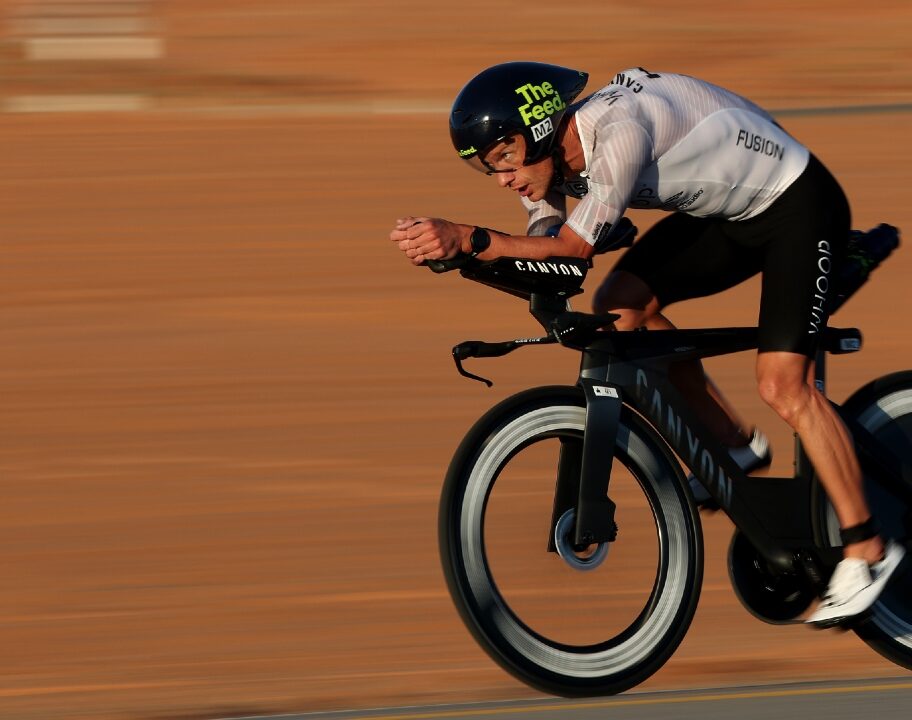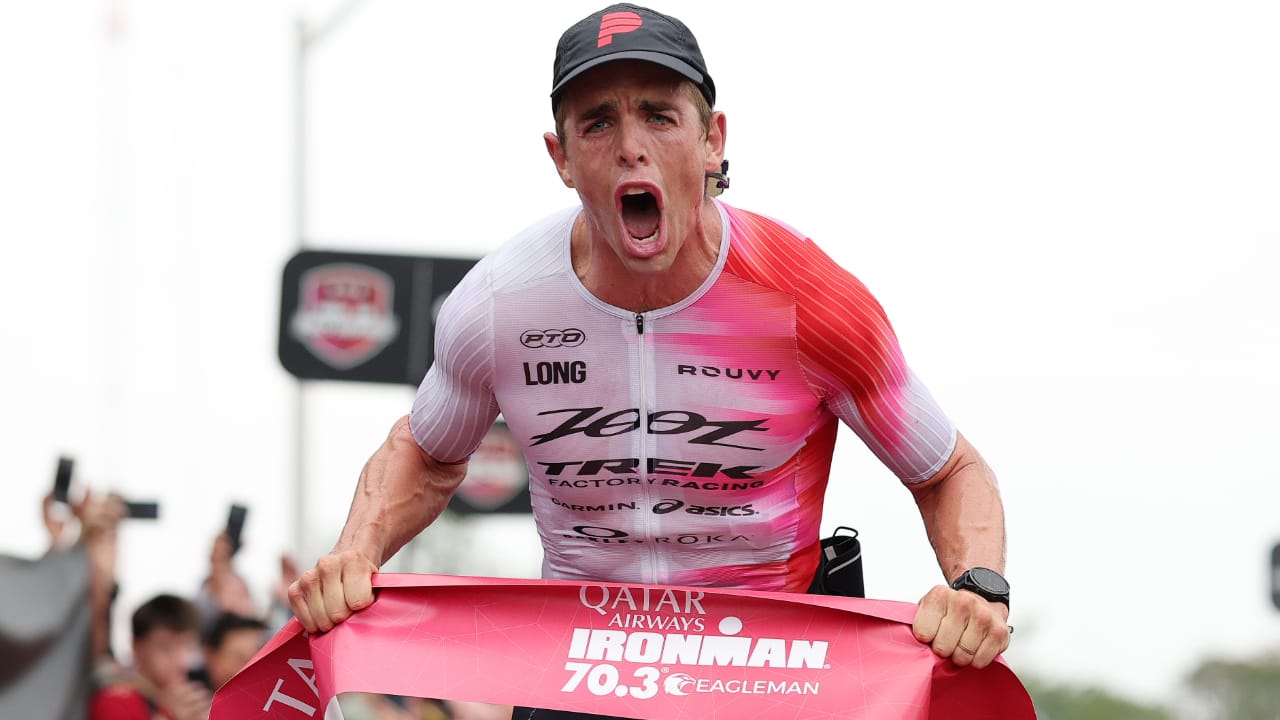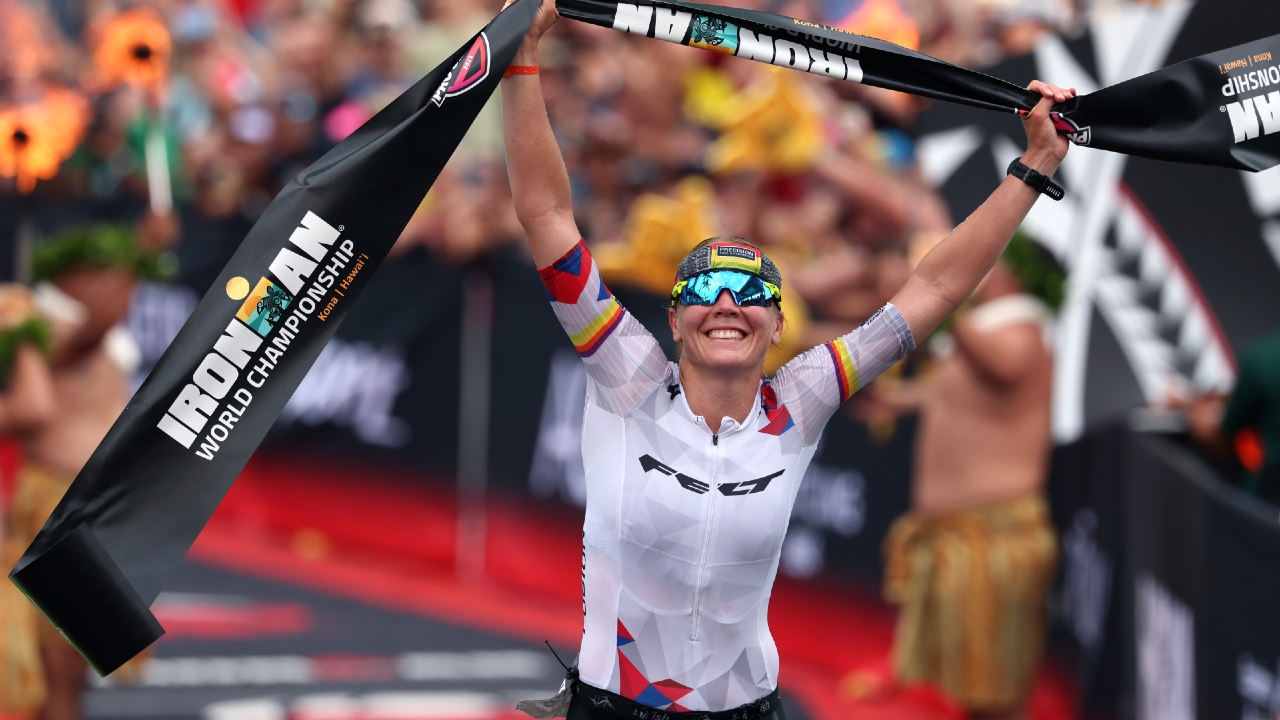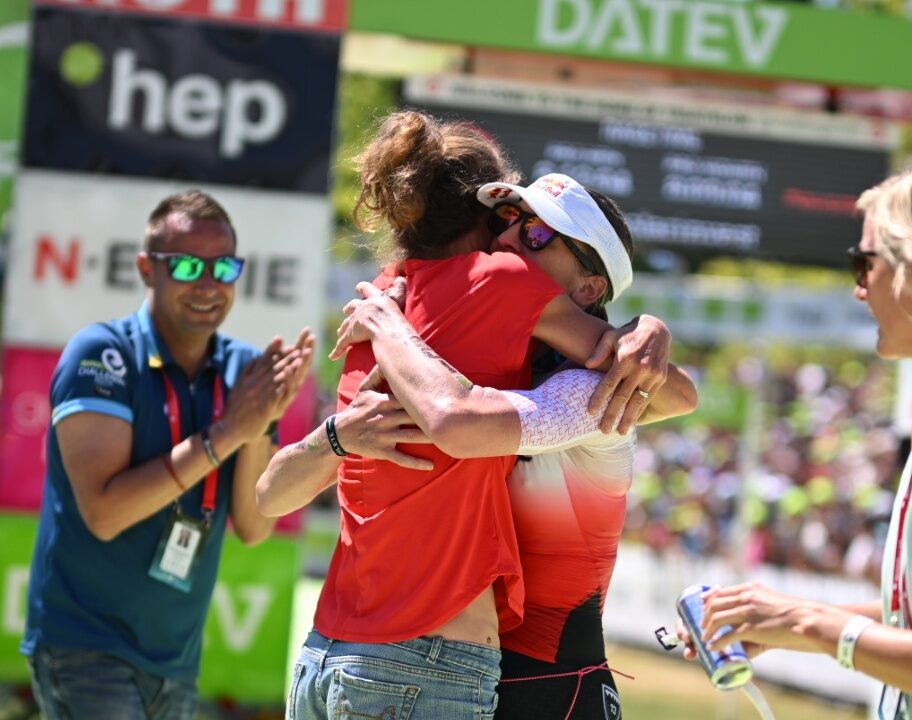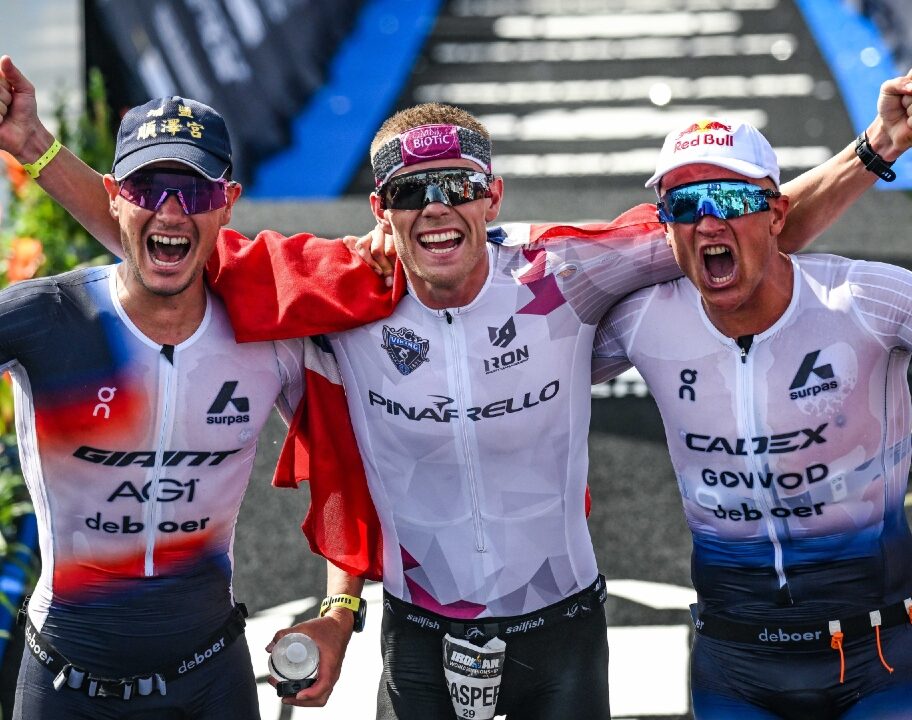When harbouring world championship ambitions in long course triathlon, more often than not patience is as important as fitness for the best athletes in the sport.
With plenty of opportunities to overtrain, get injured or burn out between now and race day in either Kona or Taupo, Canadian Lionel Sanders knows that a measured approach is key to success.
Stating as much in his most recent YouTube video, the 35-year-old shared that after a decade in the sport, he is now keenly aware of how important it is to save his best efforts for race day.
The desire to be training
After taking a proper off season break for the first time in years, Sanders underlined the feelings that lets him know he is ready to dive back into training.
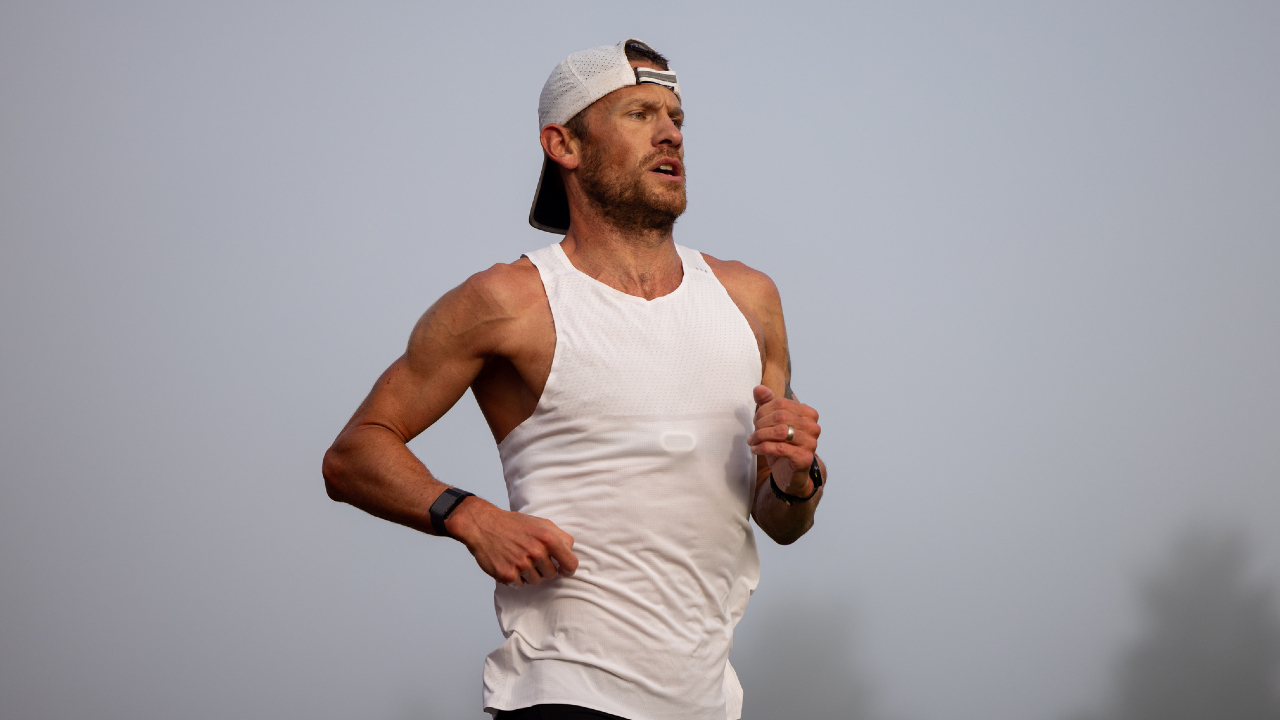
“When you’re yearning to train, to start training, the concentrated training, when you’re yearning for it and not having to push yourself to do it then I think that’s a good sign and it’s a sign that the body and the mind are ready.”
Being fresh at the start of the season is key, says the Windsor native, as it plays an important part in ensuring that he’s not reaching his peak fitness too early in the season.
“In the past I’ve probably pushed myself on that side of the equation [intensity] way too hard, too early and what happens when you go too hard too early is you get tired and you lose your desire to push and that’s happened to me many times.
“Most seasons I was in really good shape in May, but I wasn’t in very good shape by October or September. Not necessarily not in good shape but just pretty burnt out and I think that begins with just building a good base in the early months.”
Putting the ego to one side
One of the most important things he has learnt in over a decade in the sport, shares Sanders, is that nothing you do in training matters as much as what you produce on race day.
“This year, we use a decade of experience and our brains. What you’ll see is my experience now on display, I’ve got a lot of it. You don’t win the race in practice, you win the race in the race.
“You don’t win the race in a single session. You win the race in 80 consistent sessions, maybe even more. Often times, I’m speaking from experience here, you try to win the race in practice out of insecurity, constantly. What do you do in doing that? You lose the race. Listen to the body.”







